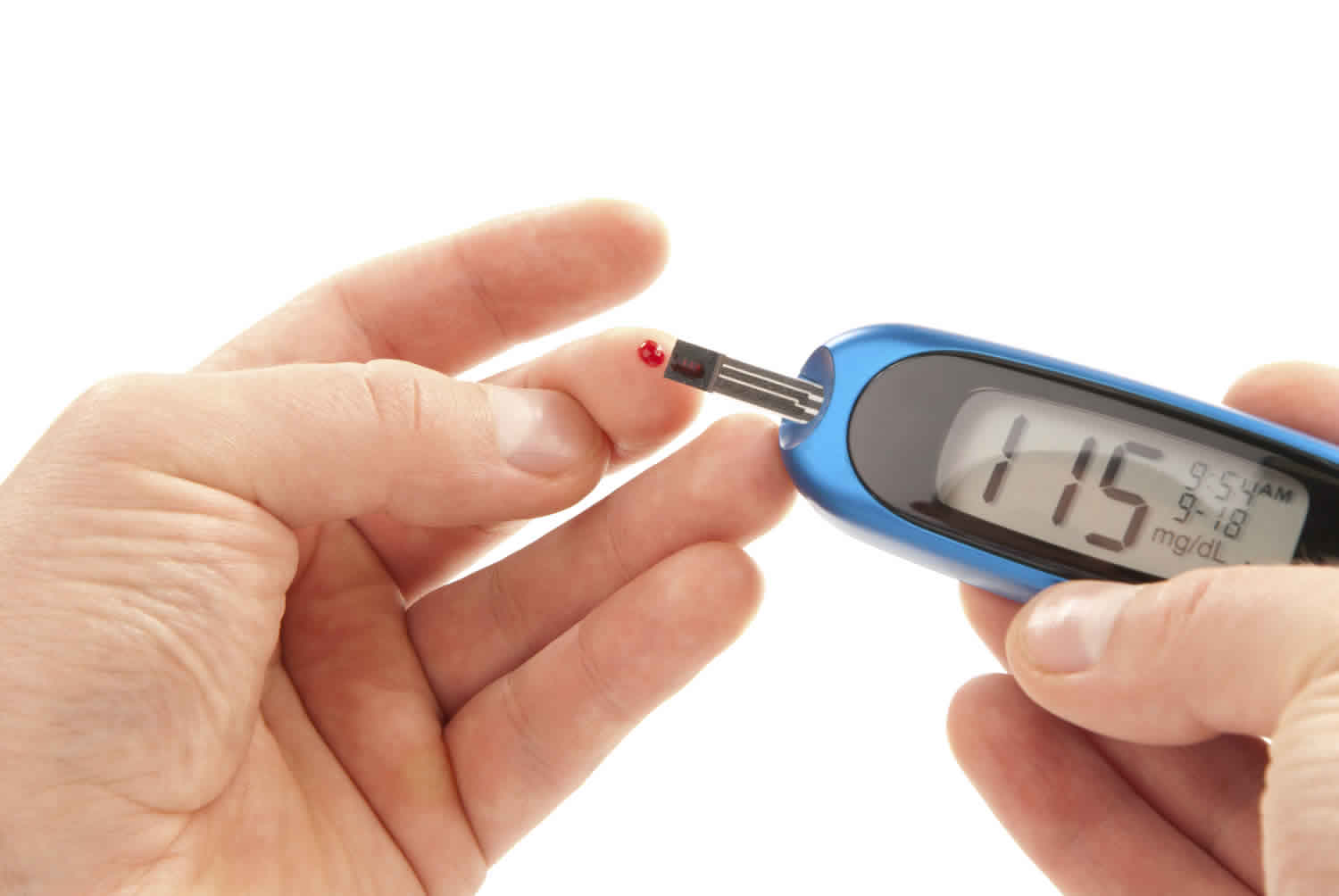What is brittle diabetes
Brittle diabetes also called labile diabetes, is a term that is sometimes used to describe hard-to-control diabetes especially type 1 diabetes. People who have brittle diabetes are more likely to experience frequent, extreme swings in blood glucose levels, causing hyperglycemia or hypoglycemia. Brittle diabetes is characterized by wide variations or “swings” in blood glucose (sugar) in which blood glucose levels can quickly move from too high (hyperglycemia) to too low (hypoglycemia). These episodes are hard to predict and can disrupt quality of life. They can require frequent or lengthy hospitalizations and can be fatal.
People with type 1 diabetes are at greatest risk. While many people with type 1 diabetes experience hypoglycemia, only a small proportion of people with type 1 diabetes experience the frequent blood glucose swings described as “brittle.” People with long-standing type 2 diabetes may also have difficulty controlling blood glucose, but few have these frequent swings. People of any age with diabetes can be affected with these frequent ups and downs in blood glucose levels. Some research suggests that women may be affected more often than men.
Frequent episodes of hypoglycemia can lead to hypoglycemic unawareness and make the condition worse. Keeping diabetes under good control for at least several weeks can restore hypoglycemic awareness. New technologies such as continuous glucose monitors and insulin pumps may help improve control.
In diabetes, many factors can trigger frequent changes in blood glucose levels. For example, people who don’t test blood glucose or take diabetes medications as prescribed often experience significant fluctuations in blood glucose levels. Other causes of unstable blood glucose levels include emotional stress, eating disorders, drug or alcohol use, malabsorption, gastroparesis, and celiac disease.
Brittle diabetes is relatively rare. Research suggests it is more common in females than males and tends to occur in young adulthood.
Brittle diabetes is less common in people over 40 years of age which suggests that brittle diabetes may, in some cases, resolve itself in time 1.
The development of new treatments for diabetes has made it easier for most people to control their blood glucose levels. Artificial pancreas technology is currently being tested in clinical trials and aims to help people with type 1 diabetes more easily manage blood glucose levels. In 2016, the U.S. Food and Drug Administration approved a hybrid model of an artificial pancreas, an automated system that requires users to adjust insulin intake at mealtimes. NIH-funded research on islet cell transplantation has also shown promising results in restoring blood glucose control. This research specifically includes people who have experienced episodes of severe hypoglycemia.
What causes brittle diabetes?
Brittle diabetes has a number of potential causes. Psychological issues 2 and inconsistent digestion as a result of nerve damage 1 account for most cases.
Brittle diabetes is often associated with stress, depression and other psychological issues. Stress can lead to acute and temporary insulin resistance. This means that the body does not respond to insulin and this can come on and disappear very quickly without warning. This can lead to distinct challenges when needing to judge insulin doses.
Additionally, other psychological issues may add further complications to the management of type 1 diabetes.
Autonomic neuropathy, nerve damage that affects the functioning of organs, can lead to problems with delayed stomach emptying (gastroparesis) and affect the functioning of the intestines.
Not knowing when food will be digested can make it hard to judge when or how much insulin should be given.
Other problems that may result in brittle diabetes include:
- Insulin absorption problems
- Drug interactions
Brittle diabetes symptoms
Brittle diabetes presents as type 1 diabetes that is very difficult to control. People with brittle type 1 diabetes may experience the following symptoms 2:
- Unpredictable, sharp changes in blood glucose levels without an obvious cause
- Frequent episodes of very high and very low blood sugar
- Greater likelihood and frequency of experiencing ketoacidosis and/or severe hypoglycemia
Brittle diabetes treatment
As one of the main problems with brittle diabetes is unpredictable rises and drops in sugar levels, a reduced carbohydrate diet can help to reduce the wide swings in blood glucose, making sharp rises and drops less likely and less severe.
Diabetes technology such as insulin pumps, continuous glucose monitors or flash glucose monitors tend to give people more opportunity to control their blood sugar levels more effectively.
You may be eligible to be put one or more of these technologies. This is more likely to be the case if brittle diabetes is putting you in danger or severely hampering your chance to lead a relatively normal life.
Addressing the causes of brittle diabetes
Identifying the factor or factors that may be causing brittle diabetes may help your health team to choose treatment strategies to address the causes. Your health team can help to identify which factors may be the cause of very difficult to control blood sugar levels.
If the cause is to do with autonomic neuropathy, your diabetes team may be able to offer you advice to help you safely manage insulin doses.
If psychological issues are suspected, your health may be able to help you address these. Talking therapies and mindfulness-based therapies are examples of treatments that have had success in dealing with problems such as stress, anxiety and depression.
References- The spectrum of brittle diabetes. – Gill GV. Diabetes Centre, Walton Hospital, Liverpool. Published May, 1992. Retrieved May 11, 2018.
- “Brittle” diabetes – STEPHANIE A AMIEL. Senior Lecturer, Unit for Metabolic Medical Medicine, Division of Medicine, United Medical and Dental Schools, Guy’s Hospital, London SEl 9RT. Published August 03, 1991. Retrieved May 11, 2018.





